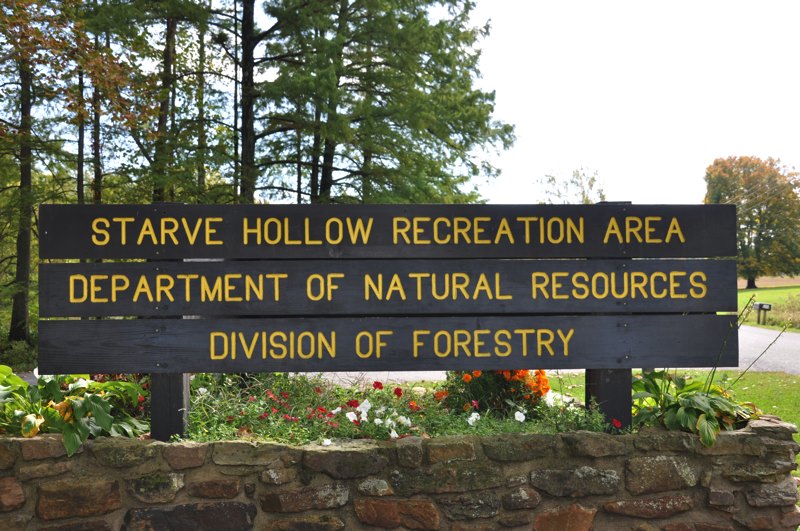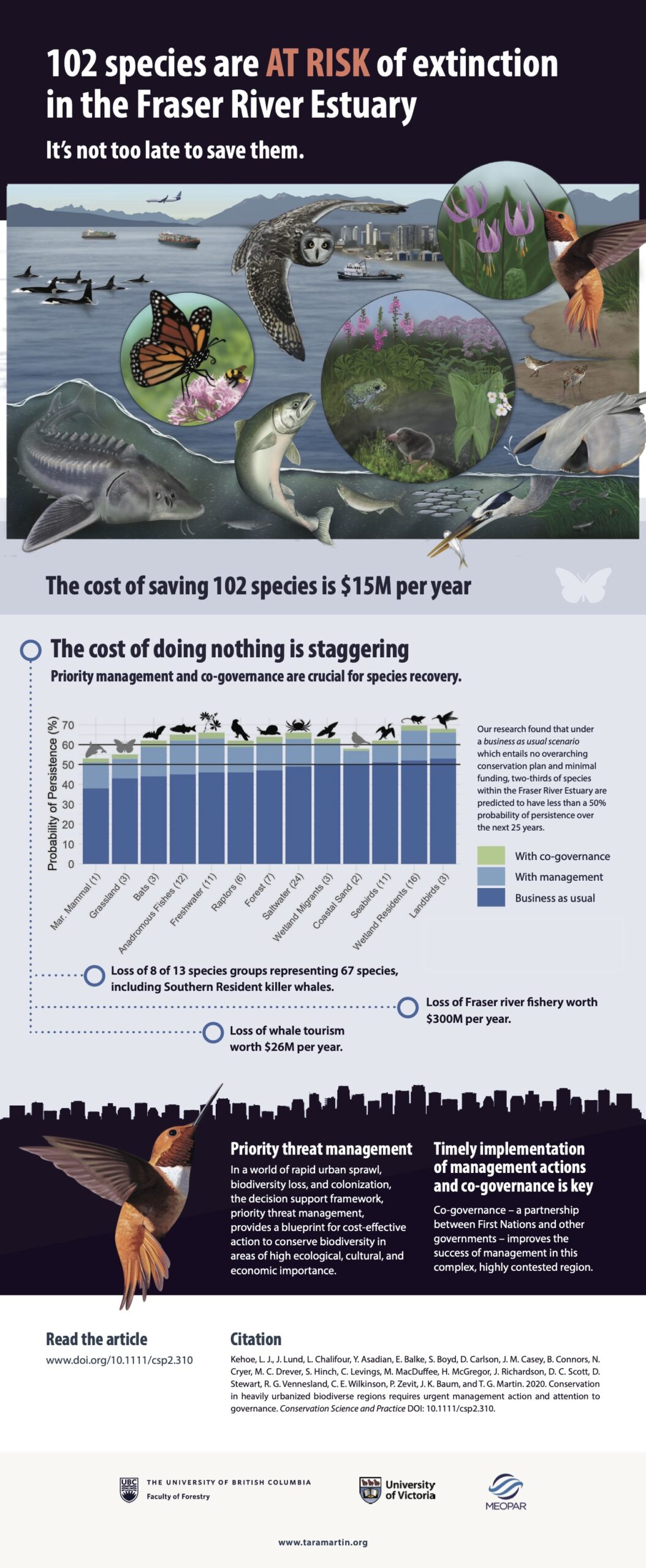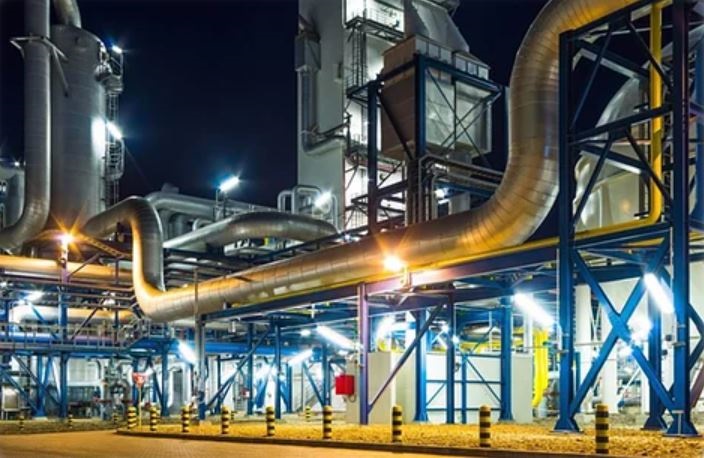 BC Premier Horgan’s new cabinet includes the first female Minister of Forests—Kootenay West’s Katrine Conroy. In other Business news: Kelowna’s REN Energy to produce natural gas from wood waste; Peak Renewables’ pellet plans in Fort Nelson, BC; Conifex Timber makes move to repurchase shares; and Saskatchewan and New Brunswick on the recent change to US softwood lumber duties.
BC Premier Horgan’s new cabinet includes the first female Minister of Forests—Kootenay West’s Katrine Conroy. In other Business news: Kelowna’s REN Energy to produce natural gas from wood waste; Peak Renewables’ pellet plans in Fort Nelson, BC; Conifex Timber makes move to repurchase shares; and Saskatchewan and New Brunswick on the recent change to US softwood lumber duties.
In other news: Ontario perspectives on the benefits of mass timber; a UBC professor on the need for action on endangered species; and climate change impact on New Jersey’s hardwoods, Europe’s deciduous forests, and BC’s Gold River steelhead.
Finally, although Black Friday was coined in the 1960s to describe traffic jams in Philadelphia, the day has a more fateful connotation in Australia. This due to their Black Friday fires in 1939, where on January 13th [a Friday no less], wildfires burned a total of 69 sawmills and 71 lives were lost.
Kelly McCloskey, Tree Frog Editor

 The term ‘Black Friday’ wasn’t assimilated into the common vernacular until the early 1960s as a way for the Philadelphia Police Department to describe the horrible conditions they experienced on the day – heavy crowding and traffic jams became a permanent fixture of the day after Thanksgiving. However, a more romantic notion arose in response to the Philly PD, driven by the merchants in Philadelphian stores. In a time before computers simplified everything, accountants and bookkeepers used to use red ink to denote losses and black ink to denote profit. Thus, in an effort to erase the negative connotations of the term ‘Black Friday’, merchants suggested that Black Friday be referred to them turning a profit, getting out the black ballpoint pen and going ‘into the black’. In recent years, Black Friday has become notorious because of… fights, swearing, customers rifling through employee only areas, rioting crowds and people bleeding out on the floor.
The term ‘Black Friday’ wasn’t assimilated into the common vernacular until the early 1960s as a way for the Philadelphia Police Department to describe the horrible conditions they experienced on the day – heavy crowding and traffic jams became a permanent fixture of the day after Thanksgiving. However, a more romantic notion arose in response to the Philly PD, driven by the merchants in Philadelphian stores. In a time before computers simplified everything, accountants and bookkeepers used to use red ink to denote losses and black ink to denote profit. Thus, in an effort to erase the negative connotations of the term ‘Black Friday’, merchants suggested that Black Friday be referred to them turning a profit, getting out the black ballpoint pen and going ‘into the black’. In recent years, Black Friday has become notorious because of… fights, swearing, customers rifling through employee only areas, rioting crowds and people bleeding out on the floor. VANCOUVER, BC — Conifex Timber announced that the Toronto Stock Exchange has accepted Conifex’s notice of intention to make a normal course issuer bid for its common shares through the facilities of the TSX or any other Canadian public marketplace or alternative trading system. On December 1, 2020, Conifex may commence making purchases, from time to time, up to a maximum of 2,944,320 of its 47,031,798 outstanding Common Shares. …Any securities acquired will be purchased at the market price up to a daily maximum of 12,500 Common Shares. Conifex… believes that from time to time, the market price of the Common Shares may not reflect the value of Conifex’s business and its future prospects and that the NCIB represents an attractive allocation of capital.
VANCOUVER, BC — Conifex Timber announced that the Toronto Stock Exchange has accepted Conifex’s notice of intention to make a normal course issuer bid for its common shares through the facilities of the TSX or any other Canadian public marketplace or alternative trading system. On December 1, 2020, Conifex may commence making purchases, from time to time, up to a maximum of 2,944,320 of its 47,031,798 outstanding Common Shares. …Any securities acquired will be purchased at the market price up to a daily maximum of 12,500 Common Shares. Conifex… believes that from time to time, the market price of the Common Shares may not reflect the value of Conifex’s business and its future prospects and that the NCIB represents an attractive allocation of capital.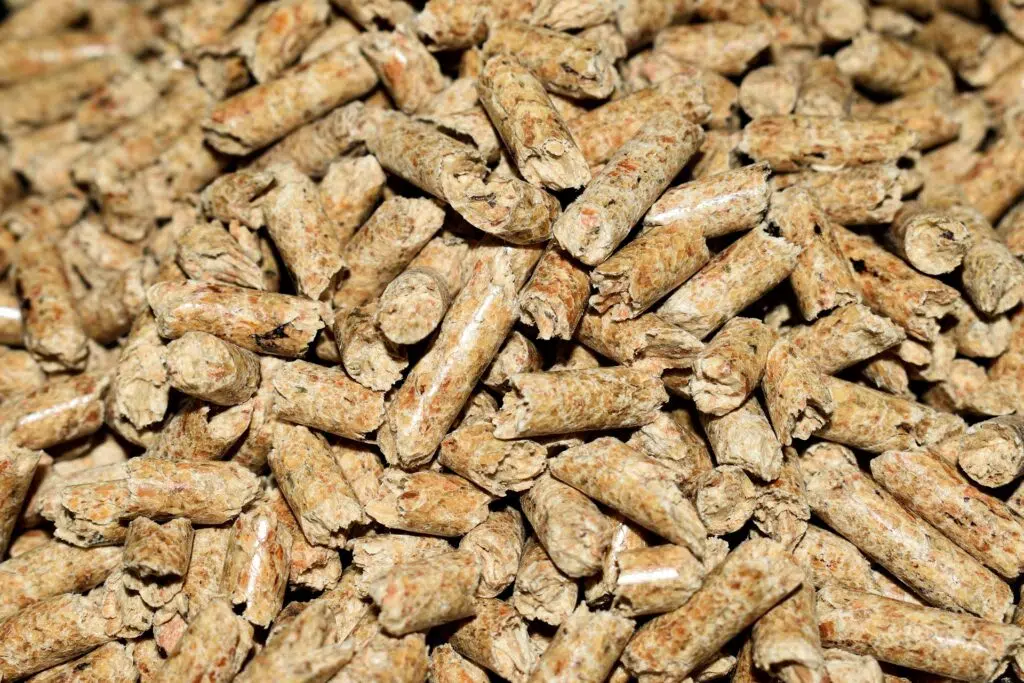


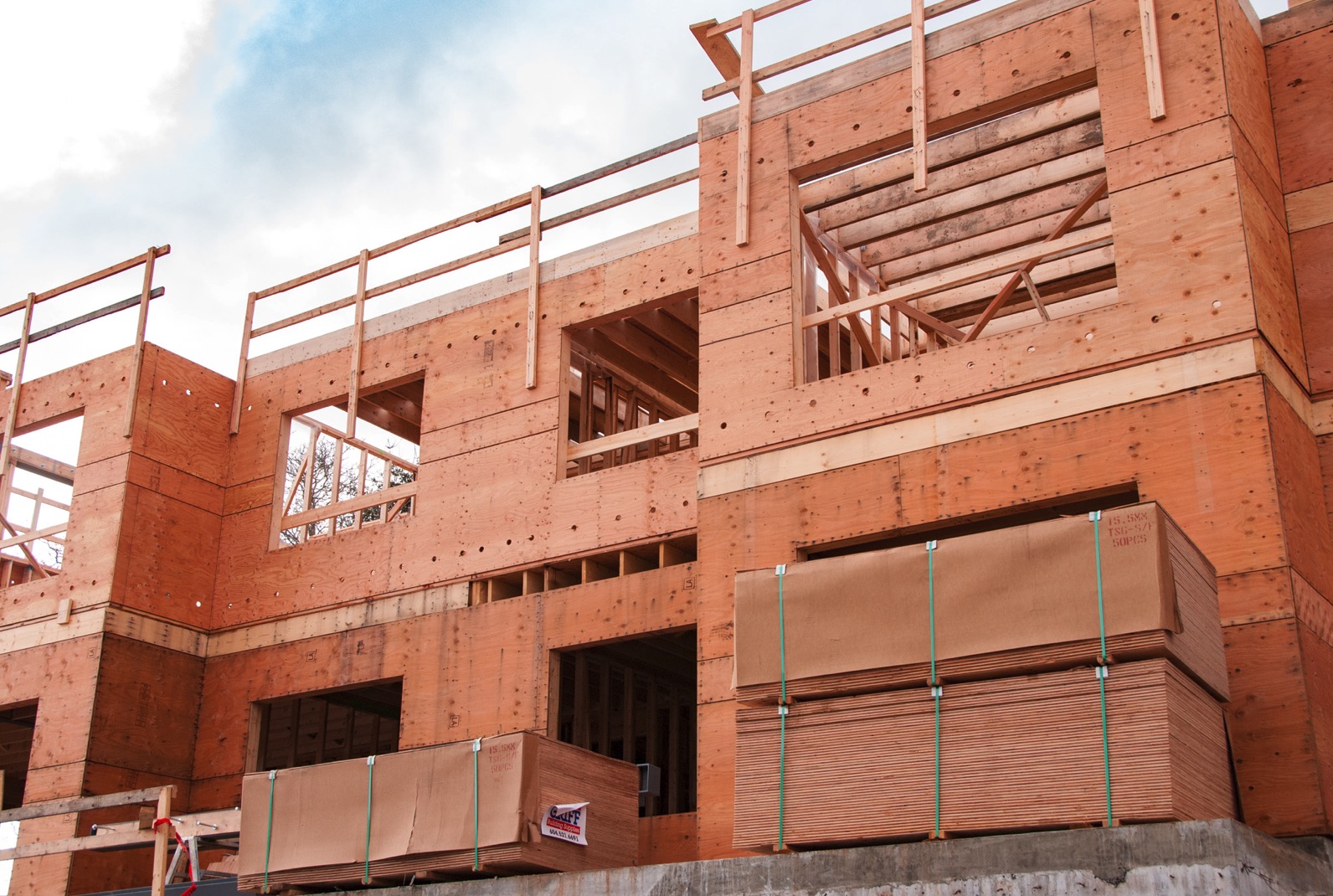 Ontario, usually a national leader in adopting smart policy, is lagging behind its provincial peers in one important area: mass timber buildings. Creating more opportunities for wood in construction, specifically through mass timber, will help address our climate and housing crises as well as assist us in rebounding from pandemic-fuelled unemployment if paired with green-building skills training. Mass timber buildings, those with structural elements primarily made of solid, built-up, panelized or engineered wood products, are currently limited to six storeys in Ontario. Provinces like Alberta, British Columbia and Quebec have all adopted Canada’s forthcoming national building codes, allowing for construction of up to 12 storeys. Harmonizing Ontario’s code with the national standard should be an urgent priority and there are good reasons for it. … Trees absorb climate change-causing carbon emissions, which remain trapped in the wood long after its use in construction projects.
Ontario, usually a national leader in adopting smart policy, is lagging behind its provincial peers in one important area: mass timber buildings. Creating more opportunities for wood in construction, specifically through mass timber, will help address our climate and housing crises as well as assist us in rebounding from pandemic-fuelled unemployment if paired with green-building skills training. Mass timber buildings, those with structural elements primarily made of solid, built-up, panelized or engineered wood products, are currently limited to six storeys in Ontario. Provinces like Alberta, British Columbia and Quebec have all adopted Canada’s forthcoming national building codes, allowing for construction of up to 12 storeys. Harmonizing Ontario’s code with the national standard should be an urgent priority and there are good reasons for it. … Trees absorb climate change-causing carbon emissions, which remain trapped in the wood long after its use in construction projects. 